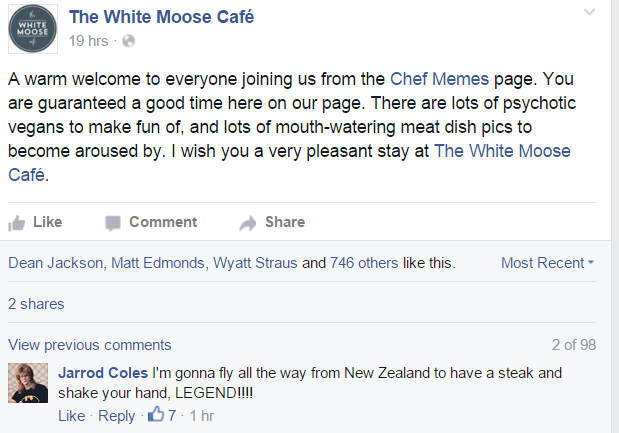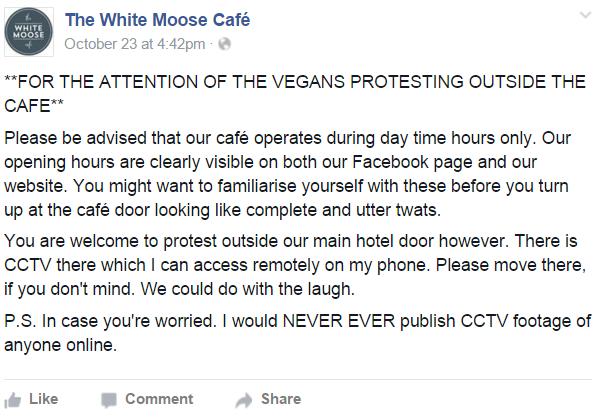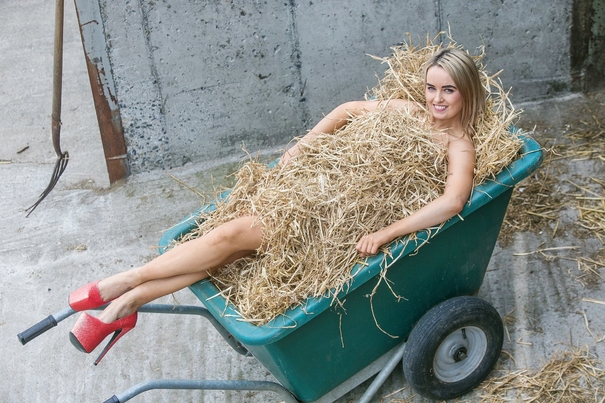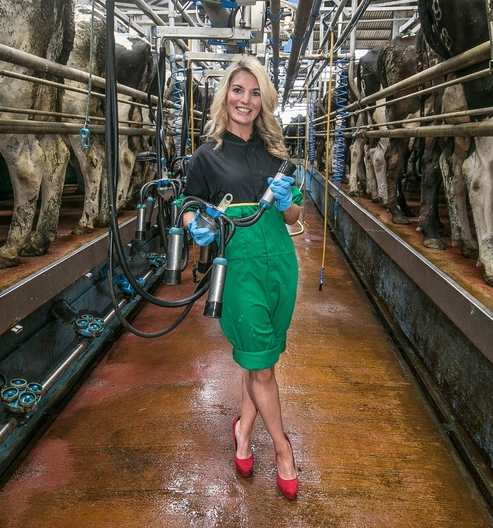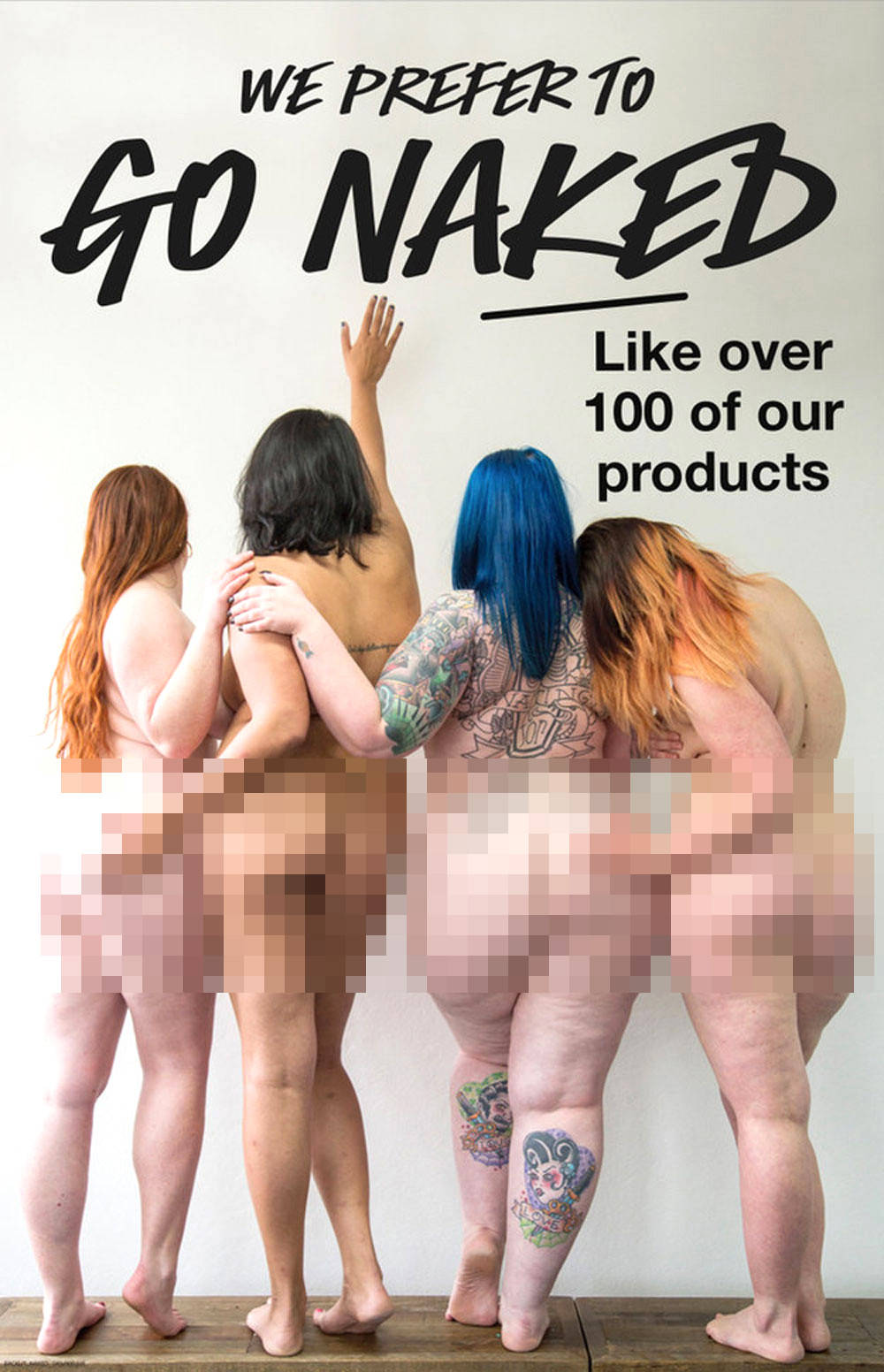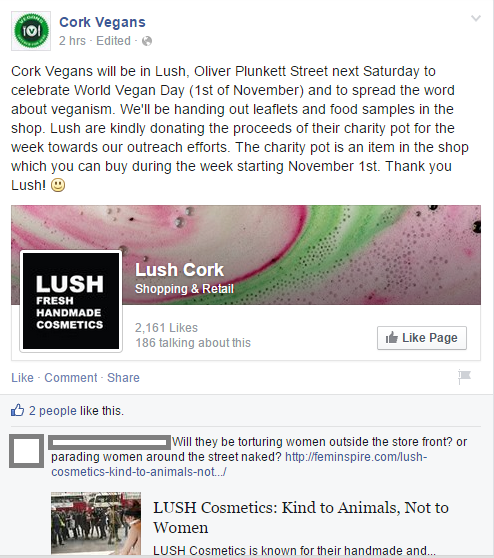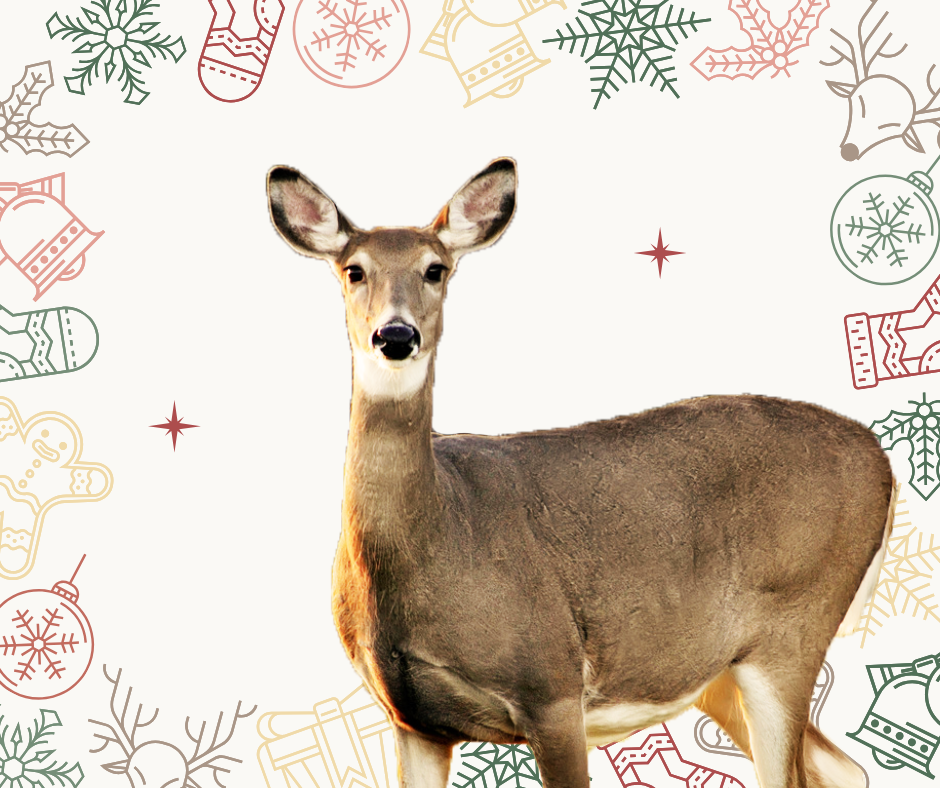
My research on the role of Nonhuman Animals in pagan thealogy finds winter solstice, or Yule, a conflicting time for other animals. Following the mass sacrifices of Samhain,[i] the winter solstice season is comparatively dormant agriculturally speaking. As a time of relative scarcity, however, this would have created great difficulty and persecution for Nonhuman Animals who would be the most vulnerable to dwindling food supplies and harsh weather. Sadly, solstice time often encouraged one final burst of sacrificial activity.
In Europe, a number of stone henges have been constructed to align with this solstice, including the famous Stonehenge and Avebury sites in Southern England. To attract thousands to the region, the winter solstice was celebrated in prehistory with several days of feasting. Although these spaces can be psychically powerful for modern visitors who feel a connection across the millennia to ancestors who organized their lives around the celestial, these are highly sterilized spaces today. When in use, they would have been sites of incredible violence against Nonhuman Animals. Thousands of Nonhuman Animal skeletons have been found at Stonehenge and Avebury, especially those of pigs, who appear to have been marched to the sites from afar and ritually slaughtered for the festivities (Madgwick et al. 2019).
Today, many winter solstice traditions are less harmful to other animals as observers are more inclined to mull wine and decorate the yule tree (Cunningham 2007). Wassailing, an old English practice of blessing “livestock,” pastures, orchards, and other agricultural spaces, has been revitalized in recent years and has the potential to celebrate a positive relationship with nature and other animals. It must be considered, however, that wassailing is not typically engaged for the benefit of those being blessed, but rather for those who are doing the blessing given its purpose of increasing agricultural fertility. Vegan wassailing could be adopted to alter this narrative, blessing imprisoned Nonhuman Animals in hopes for their consequent liberation or blessing animals residing at sanctuaries to symbolically support their continued healing.
Indeed, winter solstice is a time for contemplating the return of the light and would also suit the contemplation of peace on earth, particularly given its correspondence to holy days of peace across the world. Yule is also deep in the “womb time” of the Wiccan calendar, making it a point of feminist reflection as well. Kitchen witch Sarah Robinson (2022) notes this might be a time for witches to convene for celebration, and, indeed, from a vegan perspective, this might also be a day for acknowledging the feminized labour exploited from other animals and celebrating cows, chickens, and other nonhuman mothers.[ii]
Winter solstice initiates a time of feminist observance culminating in the Wiccan holiday of Imbolc (known as St. Bridget’s day in Ireland, Groundhog’s Day in the United States, and Candlemas in other Catholic regions) at the end of January. For witches and Wiccans, solstice and Imbolc celebrate the burgeoning rejuvenation of humans, other animals, and nature. Z Budapest describes her coven’s winter solstice celebration as including a “period of humming that builds up to a birth scream,” a ritual reminds participants that “we are reborn along with Lucina”[iii] (1986: 74). Her coven has similarly adapted other sabbats to feminist interests.
As the Yule season slides into Imbolc, a period often used for Wiccan initiation, Budapest marks this period as a reawakening of women’s knowledge and wisdom. Here, women figuratively come into the light, resisting patriarchal attempts to block women from education and enlightenment. A vegan witchcraft might honour these months of darkness by resting, revisiting feminist theory, and supporting free-living animals who, in the Northern Hemisphere, will be tried by the hardships of winter. Supporting life in a season that has historically served as an occasion for death is a revolutionary act.
[i] Samhain marks the third harvest festival of the agricultural year, today known as Halloween.
[ii] Much of the merrymaking of the Yule season has only been possible with the invisible preparatory labour of women. In Ireland, Nollaig na mBan (“Christmas for women”) is still celebrated two weeks after Christmas, allowing women a day of respite from the exhausting work of carrying the festivities for their families and community.
[iii] A reference to Diana, goddess of childbirth.
References
Budapest, Z. 1986. The Holy Book of Women’s Mysteries. Oakland: Consolidated Printers.
Cunningham, S. 2007. Cunningham’s Encyclopaedia of Wicca in the Kitchen. Woodbury: Llewellyn Publications.
Madgwick, R., A. Lamb, H. Sloane, A. Nederbragt, U. Albarella, M. Pearson, and J. Evans. 2019. “Multi-isotope Analysis Reveals that Feasts in the Stonehenge Environs and Across Wessex Drew People and Animals from Throughout Britain.” Science Advances 5 (3): eaau6078.
Robinson, S. 2022. Kitchen Witch. Shanagarry: Womancraft Publishing.
Dr. Wrenn is Senior Lecturer in Sociology at the University of Kent. She received her Ph.D. in Sociology with Colorado State University in 2016. She was awarded Exemplary Diversity Scholar, 2016 by the University of Michigan’s National Center for Institutional Diversity. She served as council member with the American Sociological Association’s Animals & Society section (2013-2016) and was elected Chair in 2018. She is the co-founder of the International Association of Vegan Sociologists. She serves as Book Review Editor to Society & Animals and is a member of the Research Advisory Council of The Vegan Society. She has contributed to the Human-Animal Studies Images and Cinema blogs for the Animals and Society Institute and has been published in several peer-reviewed academic journals including the Journal of Gender Studies, Environmental Values, Feminist Media Studies, Disability & Society, Food, Culture & Society, and Society & Animals. In July 2013, she founded the Vegan Feminist Network, an academic-activist project engaging intersectional social justice praxis.



